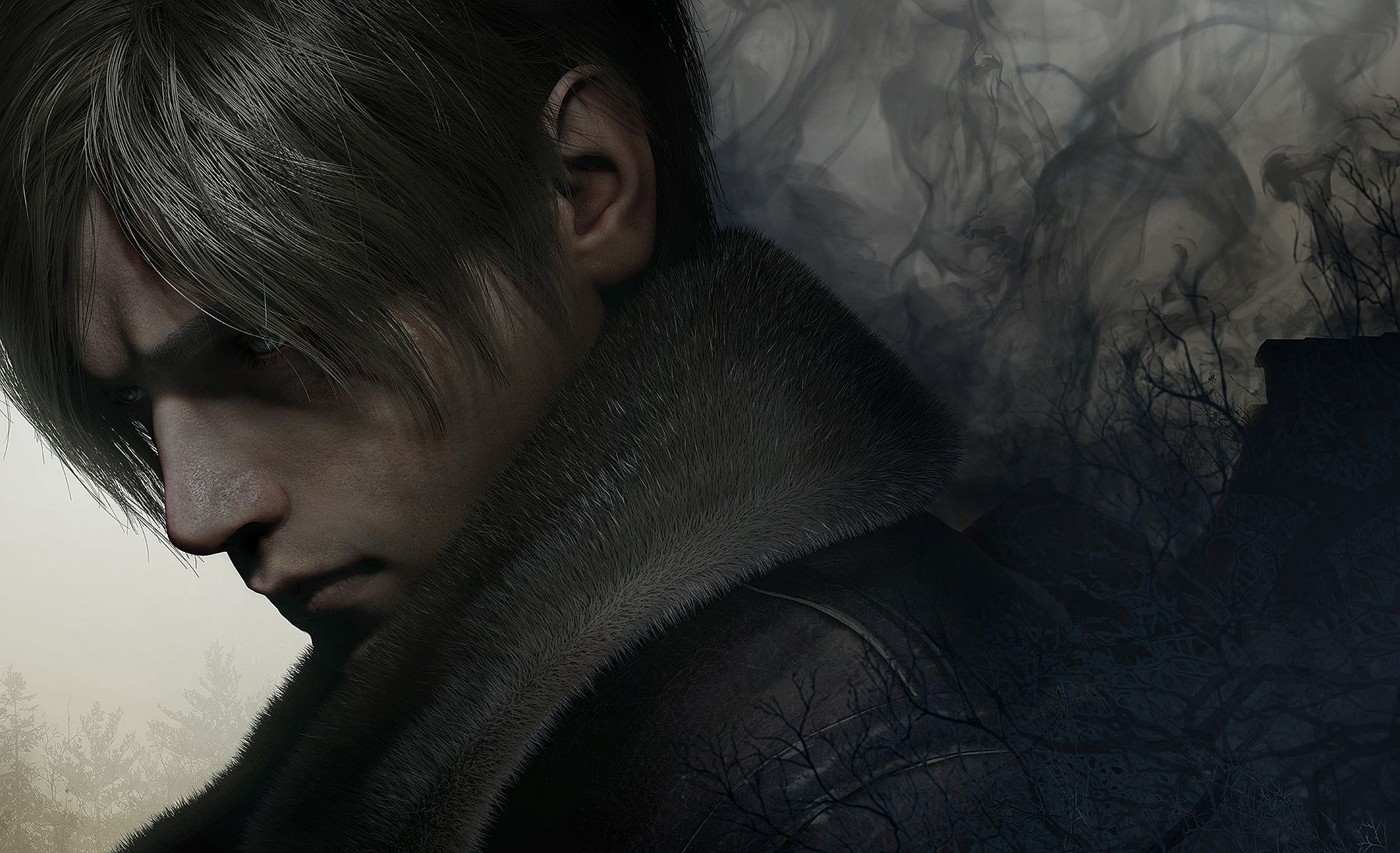As such, the announcement of a remake in line with Capcom’s revised treatment of Resident Evil 2 felt like unnecessary overkill. It’s already available everywhere. And it’s still wonderful, right? Ashley is mostly tolerable. No, you can’t move and shoot. Quick-time events are a design relic society has relegated to the past. That unexplained lava room in the castle is weird. Visually, it holds up though. But the island. Christ, the island! Alright. As you were, Capcom. When the remake’s developers recently promised the island section would have “a lot more to it”, there’s a reason it generated headlines. The island, while far from egregious, is the blemish in Resident Evil 4’s golden armour. The vulnerable jugular when arguing it’s the series’ best. If the developer decided to cut swathes from the original, ala Resident Evil 3 Remake, the island would be nudged to the sacrificial altar to the despair of no-one aside from a molded entity on Reddit. Are the criticisms overblown? Perhaps, but the island is when Resident Evil 4 outstays its welcome. Enemies are tough bullet sponges, doled out in repetitive waves to drain your bountiful ammo supplies and upgraded weapons. The soldier ganados are also generic slews of gun-wielding brutes and grunts – who are forgettable fodder compared to the villagers and whispering castle monks. The consensus deems the island as where the horror dies, but action was always Resident Evil 4’s primary gear. Here, it’s just set to predictable. The final act syndrome has been a problem in Resident Evil for decades. The de-facto end sprint is almost always through a laboratory before a final clash with a gangly-limbed mutation. There are exceptions; the final Tyrant fights in the original and its sequel are notably restrained in comparison to modern standards, but the series’ only method of escalation is power fantasy. When you’ve spent hours rationing ammo and surviving against one-hit kill foes, flipping the script to guns-blazing makes sense. Yet, this well-worn route has become a safe and dull resolution when the innovation in modern Resident Evil leans on horror. This gulf between the horror highs and action lows has never been clearer than in the latest installments, Resident Evil 7 and Resident Evil Village. When you’re fumbling around the rotten Baker house, constantly stalked by Jack’s pitchfork and Louisiana drawl, the series is the best and scariest it’s ever been. The same applies to House Beneviento, a methodical puzzle where the climax is a frightening dash from a screaming mutant baby. In both cases, these tense early standouts – where you’re at your most vulnerable – build towards final acts where you’re overturning the odds through overblown action sequences. Of course, the colossal turd at the heart of this is progression. When you’re throwing new tools of death at players over 15 hours, each with their own upgrades, the obvious counter is to crank chaos to maximum. More enemies, repeat boss fights with added gizmos, all to give a sense of finality and purpose for your maximised loadout. It’s how action games have operated since we were all impressionable, young sperm. Some modern examples, however, have demonstrated you can leave a refreshing lasting impact while operating within these systemic boundaries. The Last Of Us and 2018’s God Of War follow a similar progression path in gameplay, yet leave a memorable slap through their closing story choices. You probably don’t remember the waves of goons prior, but you’ll recall Joel’s choice to save Ellie or the real identity of Atreus. A remake of a game from 2005, especially using the convoluted lore of Resident Evil, perhaps can’t pull off this trick – but it could take cues from Final Fantasy VII Remake. A game which recognises its esteemed history and takes joy in pulverising fan expectations. The island, for as much as it breeds contempt, does contain two standout encounters: Krauser and the Regenerators. The former is known for the QTE marathon knife fight, where one failed input is instant death. It’s bombastic and silly, but changes the pace at a time when the regular combat grows tiresome. Similarly, the Regenerators are a terrifying pace breaker. Between the thermal vision kill mechanic and their chilling raspy breaths, the strong likelihood they’ll be overhauled is the most frightening prospect heading into the remake. Using these island highlights, there’s an opportunity to subvert expectations. Deploy the Regenerators during a sequence as Ashley, where you’re stripped of your upgraded arsenal. Push them closer to the conclusion so their delayed appearance becomes the last, lingering note. Turn the Krauser fight into a cinematic spin on a Yakuza brawl, where Leon can suplex, roundhouse kick and knife parry to his heart’s content. Alternatively, make the island the house of gimmicks where you ride through a sequence of novelties. An unsung hero is the wildly creative and varied Resident Evil 7 DLC, which ranges from escape room puzzles, a beat ‘em up as Jack’s brother, to a nightmare round of Blackjack. It might be too out there to witness Leon hash out his differences with Saddler over a deck of cards, but it would be something. A bold, unexpected something. When it was released, Resident Evil 4 remodeled the franchise and influenced a generation of action games, for better and worse. Resident Evil has evolved since in some respects, but the consistent hurdle keeping the series stuck in the past is its rigid, tired handling of the closing act. By revamping the island, the isolated ding on Resident Evil 4’s legacy, away from the inevitable, the whole franchise might discover a novel approach to the final curtain.


